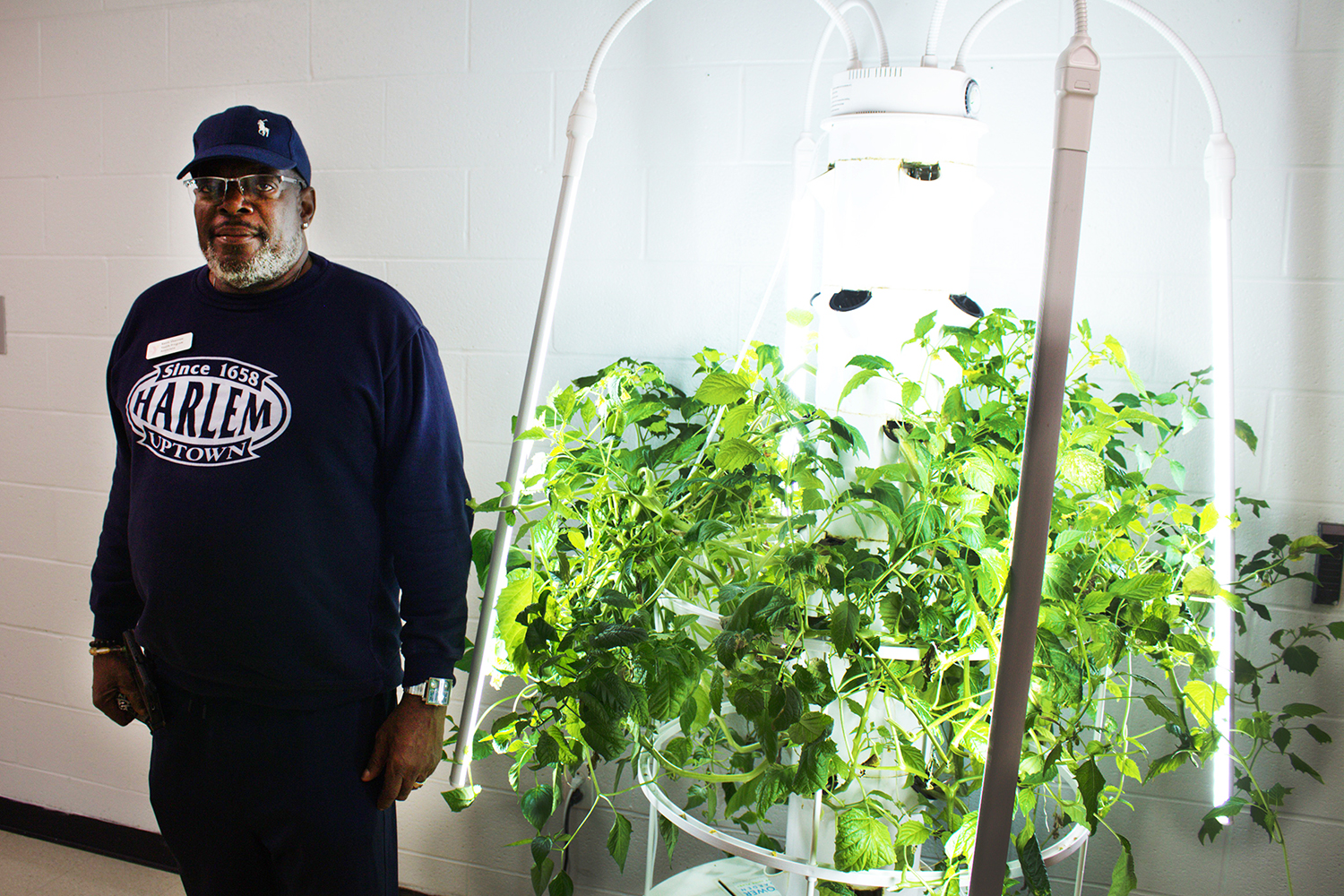Each new semester under the shadow of COVID-19 has given UConn valuable knowledge to update its health and safety procedures, with some – universal masking, frequent testing, requiring boosters for eligible students, and quarantining – proving to be among the most effective at resisting transmission of the virus.
UConn entered the spring 2022 semester knowing that the highly contagious omicron variant poses yet new challenges. It is responding with detailed student testing and safety plans, all designed to help contain spread wherever possible and keep in-person living and learning on its campuses.
Quickly identifying and containing spread among students is also intended to help keep faculty and staff from contracting the virus in classrooms or other settings, helping safeguard the health of the campus community at large.
“As always, we do this work together,” says Eleanor JB Daugherty, UConn’s dean of students and associate vice president for student affairs. “UConn students, families, faculty, and staff have again demonstrated great care for one another and commitment to the on-campus experience.”
UConn students have been learning remotely for the first two weeks of the semester, and are scheduled to return to in-person classes starting Monday, Jan. 31. Residential students in Storrs and Stamford are moving back this weekend.
Congregate living settings such as residence halls are vulnerable to rapid spread of any virus, particularly when a virus is as easily transmissible as the omicron COVID variant. For that reason and recently updated CDC guidance, quarantining is likely to be more extensive in spring 2022 than in the past semester, Daugherty said, although the quarantine period is shortening from 14 days to 10.
“Arriving on campus up to date with your COVID-19 vaccines is the best way to keep both you and our community healthy and connected,” says Dr. Ellyssa Eror, UConn’s medical director.
The pre-arrival and arrival testing, along with the quarantining rules, are specific to students, although UConn Human Resources has other information available on its website to guide faculty, staff, and managers on COVID-related health procedures.
The campus is reopening in the red alert level, which requires physical distancing in most locations, full masking, and other information available in the campus guidelines.
Even with the student testing measures in place, UConn expects to see a larger number of COVID cases on campus in spring 2022 than in previous semesters due to the omicron variant’s highly contagious nature. However, since the campus population is highly vaccinated, cases are likely to be mostly mild or asymptomatic.
Daugherty is updating students at least once weekly by email, and the Dean of Students Office posts each of those updates on its website so they can be viewed by parents and others.
“We need our students, and they need us,” Daugherty says, noting the campuses are too quiet without the students’ energy and enthusiasm when they are away. “Our cautious start has allowed UConn the ability to successfully reopen and welcome our students back.”
Under the spring 2022 procedures, the following testing and vaccine booster procedures are in place for undergraduate and graduate students:
• All students – residential and commuter – who will be taking spring in-person classes must submit pre-arrival testing taken (PCR or antigen) within 72 hours (or three days) before their return to Storrs or a regional campus. Those who test positive for COVID must remain at home to recover.
• UConn will provide arrival testing to students on all campuses, except for students who have been diagnosed with COVID over the previous 90 days. That’s because people who had COVID in the past 90 days at very low risk of contracting a new case since their first infection, but can still test positive even though they are fully recovered and not contagious.
• Residential students who test positive upon arrival will be expected to return home to complete their 10-day isolation period, although isolation housing will be provided for those who aren’t able to return home.
• Students at all regional campuses will be offered arrival testing the week of Jan. 31. More information about dates and times will be provided to students directly by the individual campuses.
• Students must get a COVID booster shot when eligible unless they have received a medical exemption. They must then upload the information to Student Health and Wellness (SHaW). In fact, more than 10,000 students have already done so, Daugherty said.
• UConn is providing on-site booster shots through SHaW for Storrs-based undergraduate and graduate students. Regional campus students can find locations near them where boosters are offered by checking the SHaW website for links through the Connecticut Vaccine Portal.
• All students who have received exemptions will be required to test themselves weekly with kits provided by the University and to submit the results. Students are also being notified about procedures to get testing and medical care if they experience symptoms of potential infection.
Quarantine and isolation processes for students who have tested positive or have been exposed to the virus also will be different for spring semester than they have been in the past. Those processes follow guidance from the federal Centers for Disease Control and Prevention (CDC), and are detailed among the FAQs on SHaW’s COVID information page.



